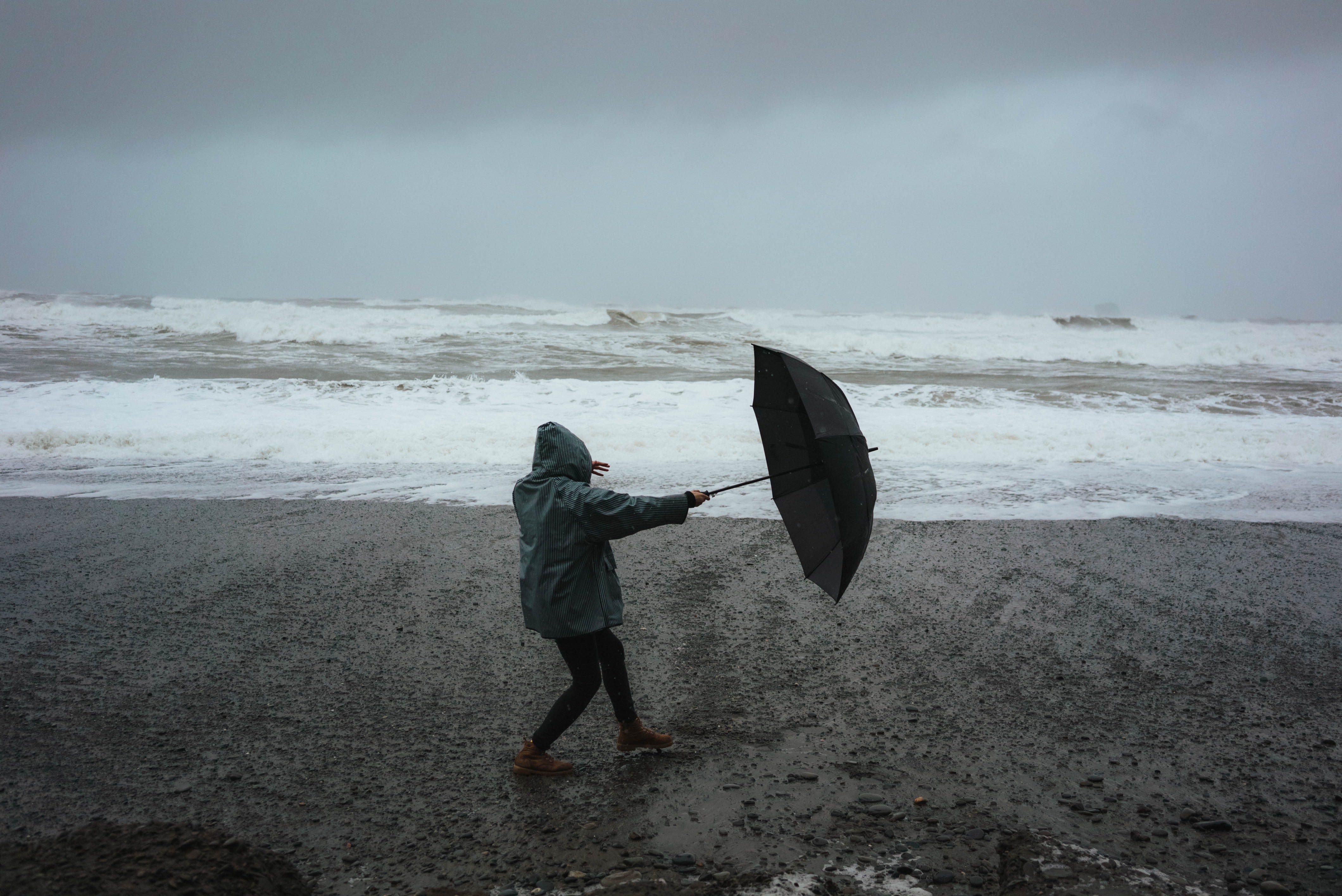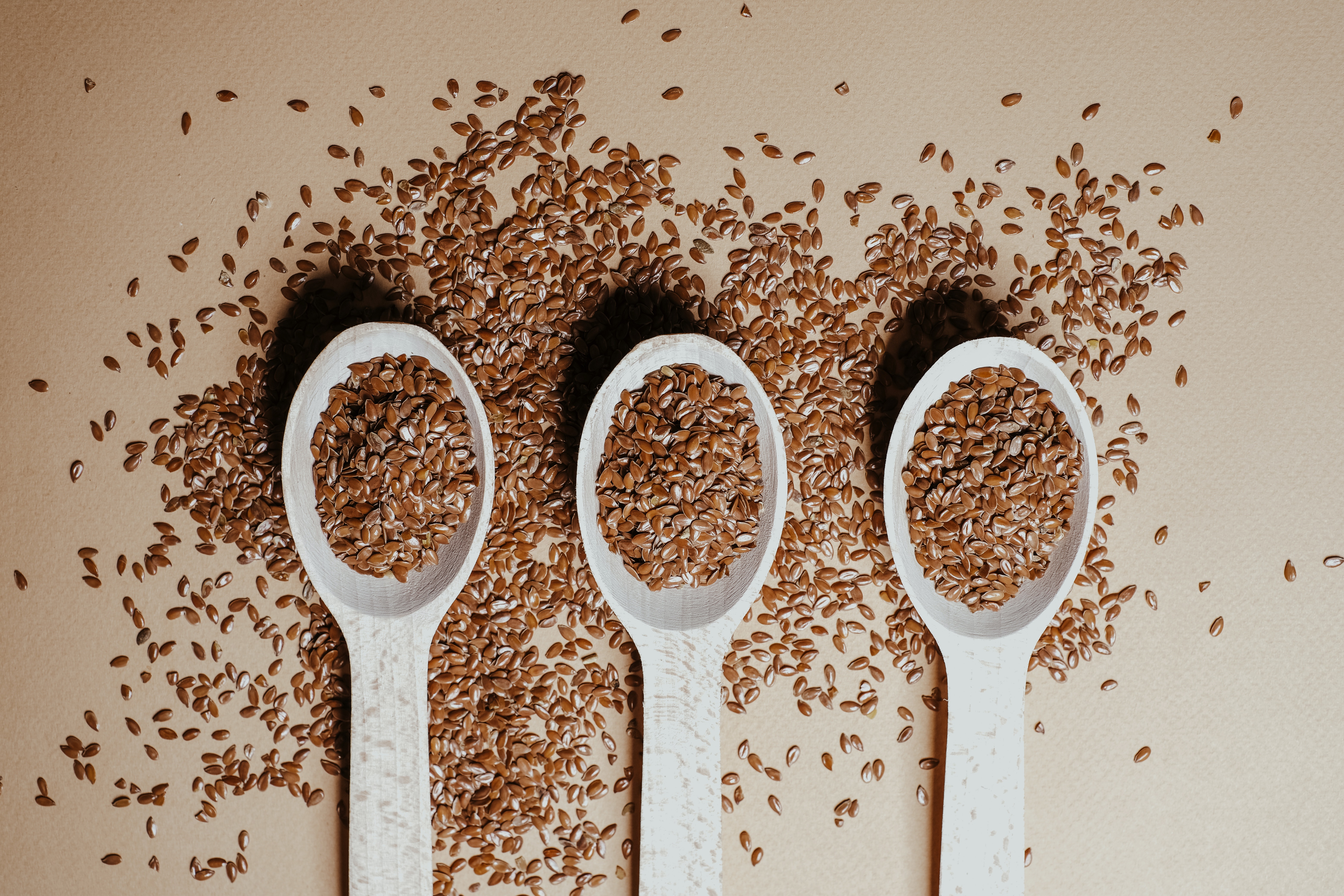Welcome to ‘Definite articles’, our social media team’s pick of editing-related internet content, most of which are definitely articles. If you want our pick of our own recent content, head straight for ‘CIEP social media round-up: April and May 2022’.
In this column:
- Celebrating books
- All things fictional
- Different ways to be an editorial professional
- Behind the scenes
- What words do
- Learning about language
- A Thursday funny
Celebrating books
Our review begins in the first week of April, with the London Book Fair. This massive publishing event last took place in person in 2019 so there was plenty to celebrate. There were more than 500 international exhibitors, 400 speakers, 75 first-time exhibitors and 125 events. ‘Are you there?’ we asked our social media followers, and got two contrasting responses on LinkedIn that seemed good representative samples: ‘Sure am; and making great connections, having fantastic conversations and acquiring new knowledge!’ and: ‘I wish!’
You’ll recall that at the end of the last ‘Definite articles’ we celebrated the return of Charles Darwin’s notebooks to Cambridge University Library this spring. During April and May we enjoyed two more tales of long overdue book returns: a London library book returned almost 50 years late (its fine would have been £1,254) and another returned to a library in Ipswich from Croatia, 64 years late. One follower on Facebook responded: ‘Oh wow! I’m definitely returning my library book tomorrow! Thanks man …’
We mused on our relationship with books, which are ‘Portable Magic’ but sometimes over-valorised, according to Emma Smith who has recently written a history of reading. An article about whether it was OK to treat books as ornaments got our followers chatting, as The Guardian covered the story that celebrity Ashley Tisdale’s shelves were filled with books she had purchased simply for decoration. This has been a growing trend since Zoom made public the insides of all our houses, but one of our followers revealed a different reason for buying books indiscriminately in bulk:
I lived in a Victorian terrace house and wanted some extra sound insulation on the wall we shared with next door. I put up shelves and filled them with books from charity shops. I didn’t read the blurb on the back, knowing that I would stick to my favourite genre if I did. I certainly didn’t read every book I had on the shelves but it made for interesting insulation and I read books I wouldn’t have otherwise.
All things fictional
An article we shared in April about the psychology of fiction demonstrated how reading could be transformational, helping us develop empathy and social and cognitive skills as well as teaching us about ourselves. We encouraged our followers into this positive pattern in April and May, posting articles about female sleuths, Jane Austen and food, Dracula (125 years young!) and the classics recommended by OUP if you’re a fan of TV shows like Bridgerton and Sanditon. We shared fiction-based Friday funnies, too: ‘Gentler genres for these tough times’ from Tom Gauld (including Soothing Sci-Fi and Dainty Dystopia) and ‘Classic Novel Merch’ (including the Lord of the Flies Swatter and Jane Eyre Freshener) from John Atkinson of Wrong Hands.
We also looked at the benefits of writing fiction, even when the world seems like it’s on fire: a process that not only offers solace to the reader but changes the writer for the better.
The fiction editor’s point of view was well and truly covered, too, with articles from CMOS on exclamation marks in creative text and whether the subjunctive mood – expressing ‘an action or state as doubtful, imagined, desired, conditional, hypothetical, or otherwise contrary to fact’ – was right for fiction. ‘Would that it were’, wittily responded one Facebook follower, although the article made it clear, using numerous examples, that the subjunctive was indeed right in certain circumstances.
Different ways to be an editorial professional
We posted content about many different types of editorial professional in April and May, including publishing project managers, cookery editors, indexers and, er, rabbits. We looked at the different ways editors and proofreaders work, from using Google Docs and CMOS for PerfectIt to marking up PDFs. We also considered where they worked, with an article that talked about the variety of attitudes worldwide towards remote working.
One thing that all editorial professionals can relate to, however, is that feeling when you see a mistake in a text you’d previously been rather proud of your work on. Iva Cheung captured the torture of this experience in her cartoon ‘Blues’.
Behind the scenes
There was an insight into one editor’s behind-the-scenes issues in ‘Clients hire me to edit their books and then get angry about my feedback’. Our followers offered a range of advice, many sensing that the editor seemed weary of the work. They suggested expanding into other areas of editing, which might return the editor refreshed to their original sphere. Followers also recommended being more cautious about accepting work and improving editor–client communication. Another article, from Editors Canada, was relevant too. It talked about building long-term relationships with clients to make freelance life less stressful. This approach could also be an answer to the issue of low rates and the undervaluing of freelance work in the creative industries, which the #PayTheCreator campaign, from the Society of Authors and others, seeks to draw attention to.
We also got an insight into the publishing stories behind famous books from A Christmas Carol to Rich Dad, Poor Dad. Did you know that originally these works were self-published? There was a lesson on how too much pressure on authors can lead to big mistakes like plagiarism, and a look at what’s behind an acknowledgements section.
What words do
We heard the latest from the Historical Thesaurus of the OED, which has recently expanded many of its categories. One of these was ‘types of rock music’, to which has been added ‘darkwave’, ‘queercore’ and ‘nu metal’. Among the other words and terms we educated ourselves about were those that described admirable qualities, new eco-words, odd insulting words and those with a ‘toothy’ quality, such as ‘you managed that by the skin of your teeth’. One of our Friday funnies covered the Scottish word ‘beastie’. The illustration, with 12 creepy crawlies, each of which bore the caption ‘beastie’, delighted our followers, who said ‘This is awesome’ and ‘One of my favourite words!’, although one pointed out: ‘I’m sure that at least one of those specimens is a critter.’
There was more talk of the differences we find in languages and dialects, and the way we view certain words and terms as a result of our lived experience. We got a primer on the language of Shetland; we discovered how American Sign Language reveals that the evolution of language sometimes occurs just to make our lives a little easier; and we considered how speakers of different languages name and categorise experiences like colour, smells and touch differently. Within one language alone there are varieties in how we pronounce certain words and terms, and James Harbeck surveyed the different ways we say ‘succinct’.
Or you could make up your own words. In ‘Riverbankhungrydeerwillow: How we give names to nature’, Marc Peter Keane explored how we could reflect the connections between things in the process of naming them.
It matters what words we give things, and this was powerfully conveyed by CIEP Advanced Professional Member and Wise Owl Louise Bolotin in an interview for the Editing Podcast in May. Louise is dying of cancer,* and she couldn’t have been clearer about how unhelpful it is to frame her experience as a ‘battle’ or apply to it any sort of verbal sugarcoating. No talk of ‘journeys’, please, however well meant.
Learning about language
As ever, during April and May we posted lots of articles about the nuts and bolts of language. Why is plain language a good idea (and may even make your readers admire you)? Could poetry be key to making science accessible and inclusive? Are capital letters harder to read? When should you use ‘You and I’ and not ‘You and me’? Plus apostrophes, contractions and the word ‘like’, which, in a fascinating article, was lifted from being an often-scorned bugbear to a richly nuanced indicator of intelligence. Grammar Girl covered other discourse markers, such as ‘you know’, saying that ‘conscientious people use discourse markers, such as “I mean” and “you know,” to imply their desire to share or rephrase opinions to recipients’.
A Thursday funny
We’ve mentioned some of our Friday funnies above. One popular funny didn’t appear on a Friday, however, but a Thursday: 12 May, Edward Lear’s birthday and National Limerick Day. We shared Brian Bilston’s ‘Four Imperfect Limericks’, and many of our followers responded with their favourites (thank you all!), including ‘There once was a man from Hong Kong/Who thought limericks were too long.’ That’s it. That’s the limerick. #genius.
For more picks from our social media team, follow us on Facebook, Twitter and LinkedIn. See you online!
* Louise Bolotin died in October 2022; her contributions are much missed.
 About the CIEP
About the CIEP
The Chartered Institute of Editing and Proofreading (CIEP) is a non-profit body promoting excellence in English language editing. We set and demonstrate editorial standards, and we are a community, training hub and support network for editorial professionals – the people who work to make text accurate, clear and fit for purpose.
Find out more about:
Photo credits: feathers by Pierre Bamin, bookshelves by Paul Melki, rabbit by Hassan Pasha, all on Unsplash.
Posted by Harriet Power, CIEP information commissioning editor.
The views expressed here do not necessarily reflect those of the CIEP.






